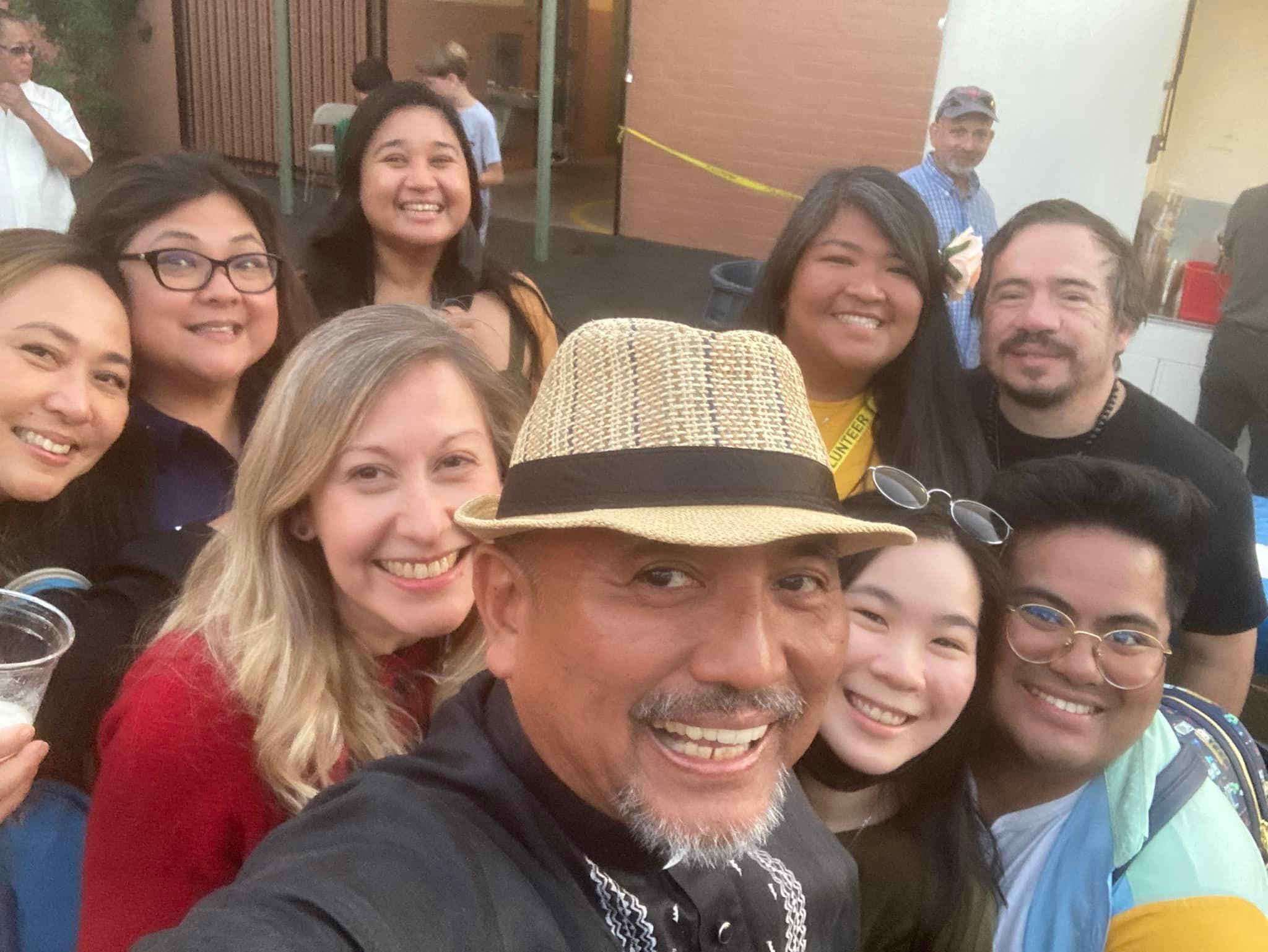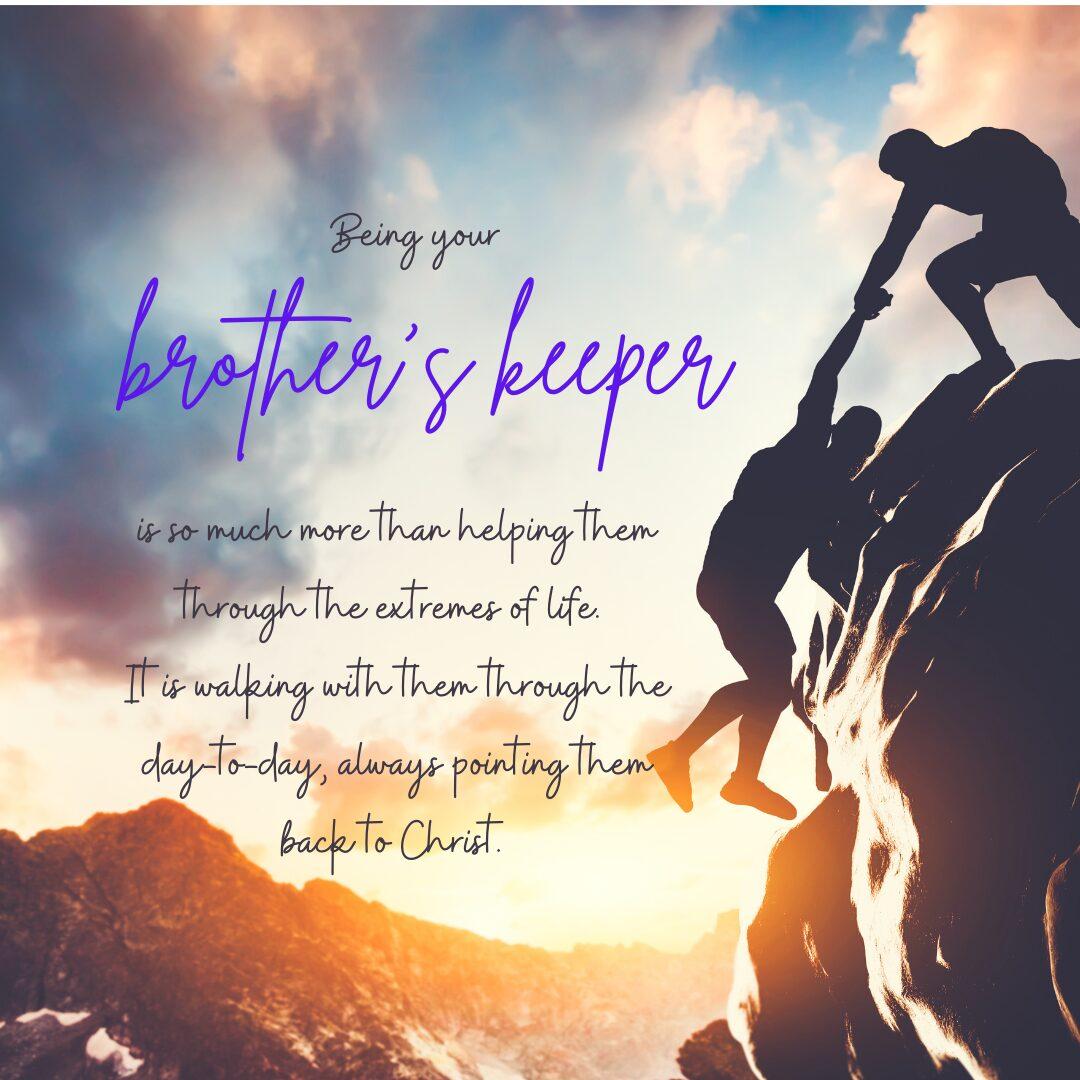Transitioning through various stages in life presents a multitude of challenges. Whether it involves moving to college, embarking on a new career, navigating middle age, or transitioning into retirement, it invariably brings about stress, worry, anxiety, and the need for painful adaptation.
I vividly recall a significant transitional period I encountered in my own life. Following twenty-three years in parish ministry, I was reassigned to the seminary to assist in educating and nurturing seminarians. Despite having spent twelve years of my life in that academic environment, returning to the institution as a faculty member was far from easy. I had grown accustomed to the freedom of organizing my schedule, living privately in the rectory, engaging with individuals daily, and avoiding the constraints of a structured setting. Readjusting to seminary life was indeed challenging.
Returning to pastoral duties and navigating my advancing years in the priesthood while contending with issues of aging and health posed an even greater challenge. I come to the realization that I am no longer the youthful or middle-aged priest brimming with energy to pioneer new initiatives and work tirelessly day and night. I have to learn to decelerate and entrust tasks to those who were trained to carry them out. My concept of leadership needs to evolve for the better: rather than exert control, I need to inspire others, particularly the younger generation, to assume leadership roles and showcase their talents. Ultimately, effective leadership hinges on nurturing emerging leaders, as Simon Sinek aptly observes, “True leaders don’t create more followers; they create more leaders.”
Despite adopting a reshaped vision and direction, the process of transition remains arduous. Indeed, adapting is essential.
Sister Joyce Rupp, O.S.M., poignantly captures the essence and arduousness of transitions, offering insights on coping with change through her poem, “Old Maps No Longer Work”:
I keep pulling it out –the old map of my inner path. I squint closely at it, trying to see some hidden road that maybe I’ve missed. But there’s nothing there now except some well travelled paths.
They have seen my footsteps often, held my laughter, caught my tears. I keep going over the old map but now the roads lead nowhere, a meaningless wilderness where life is dull and futile.
“Toss away the old map,” she says “You must be kidding!” I reply. She looks at me with Sarah eyes and repeats “Toss it away. It’s of no use where you’re going.”
“I have to have a map!” I cry, “even if it takes me nowhere. I can’t be without direction.” “But you are without direction,” she says, “so why not let go, be free?”
So there I am – tossing away the old map sadly fearfully, putting it behind me.“Whatever will I do?” wails my security“Trust me” says my midlife soul. No map, no specific directions, no “this way ahead” or “take a left”. How will l know where to go? How will I find my way? No map!
But then my midlife soul whispers “There was a time before maps when pilgrims travelled by the stars.” It is time for the pilgrim in me to travel in the dark, to learn to read the stars that shine in my soul. I will walk deeper into the dark of my night. I will wait for the stars to trust their guidance and let their light be enough for me.
May Jesus, Mary, and all saints—canonized and uncanonized—be our stars, our guides, as we navigate the deserts of life, transitioning through uncertainty and darkness. Let Jesus, the Bread of Life, fortify us on our ongoing journeys, discarding old maps and surrendering our lives to Divine Light and Wisdom.
* * *
The opinions, beliefs and viewpoints expressed by the author do not necessarily reflect the opinions, beliefs and viewpoints of the Asian Journal, its management, editorial board and staff.
* * *
Fr. Rodel “Odey” Balagtas is the pastor of Incarnation Church in Glendale, California.


